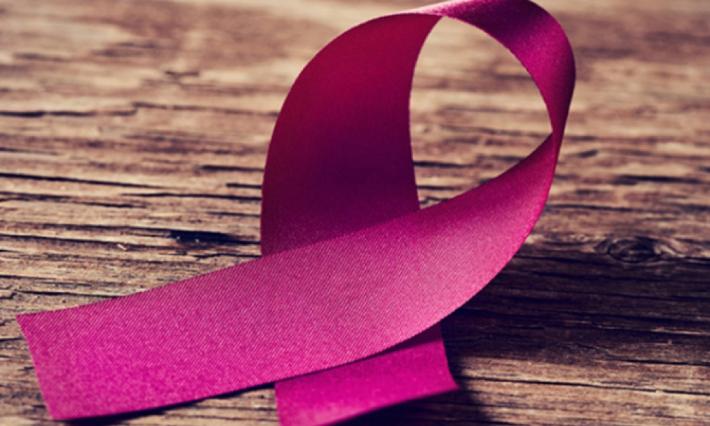The February installment of the DCI Office of Health Equity's "Conversations with Our Community" — How Studying Genes Can Lead to More Personalized Cancer Care (recorded on 2.24.21) — featured co-director of the Patierno/George/ Freedman Lab for Cancer Research Jennifer Freedman, PhD, and postdocs in the lab Tyler Allen, PhD, and Sean Piwarski, PhD — all of whom shared their research into identifying genes in cells that drive cancer disparities and developing treatments that block those genes. The community forum was moderated by Angelo Moore, PhD, RN, who leads the Office of Health Equity (OHE).
“We welcome any input we can get from the community. We really want to work with the community side by side to address the questions we are trying to address and do all the work that we do," Freedman said, leading off her presentation. “We have a lot of evidence in cancer and other diseases that it really needs to be personalized, that members of different population groups get cancer at very different rates.They have cancers that vary in risk, in aggressiveness and in response to treatment.”
Freedman referenced some of these striking disparities:
- African American women are nearly twice as likely as white women to be diagnosed with triple-negative breast cancer and are much more likely than white women to die from breast cancer.
- The highest rates of kidney cancer cases in thee U.S. occur among American Indians/Alaska Natives.
- Rates of liver cancer are higher among American Indians/Alaska Natives and Asian and Pacific Islanders than other racial/ethnic groups
- African American men are more than twice as likely as white men to die from prostate cancer.
- Women in rural areas are twice as likely to die from cervical cancer as women in more urban areas.
- African Americans are twice as likely as Whites to be diagnosed with and die from multiple myeloma.
- White people are much more likely to get glioblastoma and to die from it than members of other racial and ethnic groups.
While this particular set of talks focused on genetic drivers of cancer, Freedman emphasized that there are other factors, including society-level factors such as racism and discrimination; neighborhood-level factors such as diet, lifestyle, the environment, pollution; and institutional-level factors such as access to getting care.
"All of these factors — genetics, what’s happening at the society level, what’s happening in our neighborhoods and what’s happening with our access to institutions all influence our risk of getting cancer, how bad our cancer is, how it progresses and if we have cancer how we respond to treatment," said Freedman. "We really need to think about these factors together, how they interact, when we’re doing the work we are doing."
Allen described his work in the lab studying cancer metastasis and how it’s different in different racial or ethnic groups and how the lab is using CRISPR gene editing to control RNA splicing. Splicing dysfunction underlies many conditions and diseases, including cancer.
"The information gained from studying these genes allows us to then develop drugs to target the identified changes in genes and RNA splicing," Allen explained. "These therapies can be tested in the lab and clinical trials and, if safe and effective, can then be used to treat cancer patients."
Piwarski zeroed in on prostate cancer disparities among racial and ethnic groups, including incidence rates and death rates. He also spoke about the group’s ABI-Race clinical trial in which they trialed a particular treatment for advanced prostate cancer in African American patients and in White patients — both equally represented — and what they learned about the differences in response to treatment. (Data presented at the 2018 ASCO Annual Meeting suggested that African-American patients responded better to the treatment, per study PI Dan George, MD, who co-directs the Patierno/George/Freedman Lab.)




